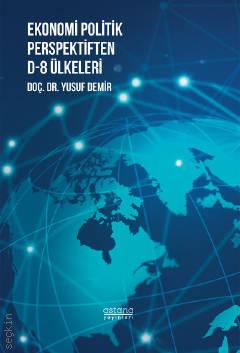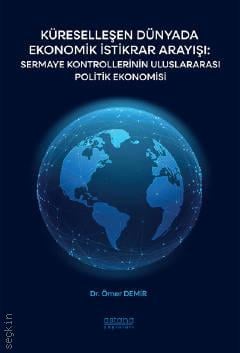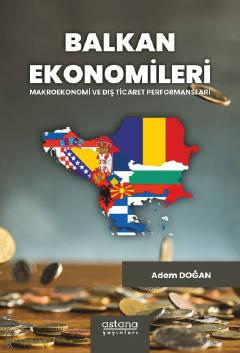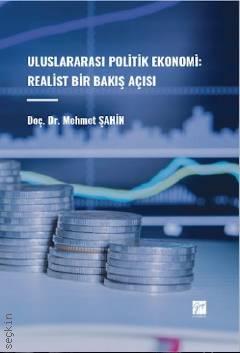>
Ekonomi, İşletme Kitapları>
Ekonomi>
Uluslararası Ekonomi>
New Trends in The World Economy in The 21st Century
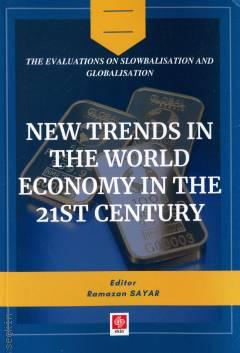
New Trends in The World Economy in The 21st Century
Ramazan Sayar (Editör)
1. Baskı,
Aralık 2020
Kitabın Detayları
Dili:
İngilizce
Ebat:
13x19
Sayfa Sayısı:
102
Kitabın Fiyatı:
140,00₺
Temin süresi 2-3 gündür.
Kitabın Açıklaması
Between 1990 and 2007, globalization reached the speed of light. Today, the focus of globalization includes multinational companies, global value chains, trade flows, capital flows, migrant and remittance movements, knowledge and technology transfer. When viewed as an economic process, it is seen that technological developments and policy changes play an important role in the acceleration of this change. However, a number of unusual situations have occurred around the world that reversed this transition of the world economy towards globalization. These; The 2008 Global Financial Crisis, the European Debt Crisis, the trade wars between the USA and China, and finally the Covid-19 Outbreak are extraordinary events that led to the economic recession. World trade's Gross Domestic Product (GDP) declined from 61% to 58% between 2008 and 2018. Import and Foreign Direct Investment (FDI) decreased by 2% in the same period. The Economist magazine calls the current reshaping of globalization "Slowbalization", a term first used in 2015 by Dutch trend watcher Adjiedj Bakas. This term, also called grand normalization, is explained as a return to long-term (normal) levels of past globalization of trade.
In Bakas's view, the current situation we are experiencing is a transition from "Globalization" to "Slowdown". According to this view, digitalization and globalization turn passive consumers into active consumers-producers-financiers. As such, the control of the state in the market is strengthened and the effect of low interest rates on the market is reduced.
In addition, the transformation of capitalism, which encourages globalization, has a profound importance. The term "mixed capitalism" has emerged, an economic system in which money is used as a motivating tool for a particular purpose. According to the brief information given above, it is seen that globalization, which has an important place in the literature for a long time, has led to the concept of "slow balancing" attributed to a new world economic order. Since this new concept is not discussed enough in the literature, we chose it as the subject of our book project.
(Preface)
Kitabın Konu Başlıkları

The Economic Impact Of Covid–19: Is Slowbalisation The New Normal?

A Turning Point in Globalization: The Validity Of Slowbalisation For The G–7 Countries

Global Slowdown and Electronic Commerce: Barrıers, Regulations And Market Structures

Impact Of Shadow Banking On Monetary Policy

Globalisation and Public–Private Cooperation: A Case Of Turkey
Kitapla İlgili Kategoriler
Yorumlar
Hakkımızda
|
Uluslararası Yayınevi Belgesi|
Kaynakça Dosyası|
Kişisel Verilerin Korunması |
Üyelik|
Siparişlerim|
İade Politikası|
İletişim